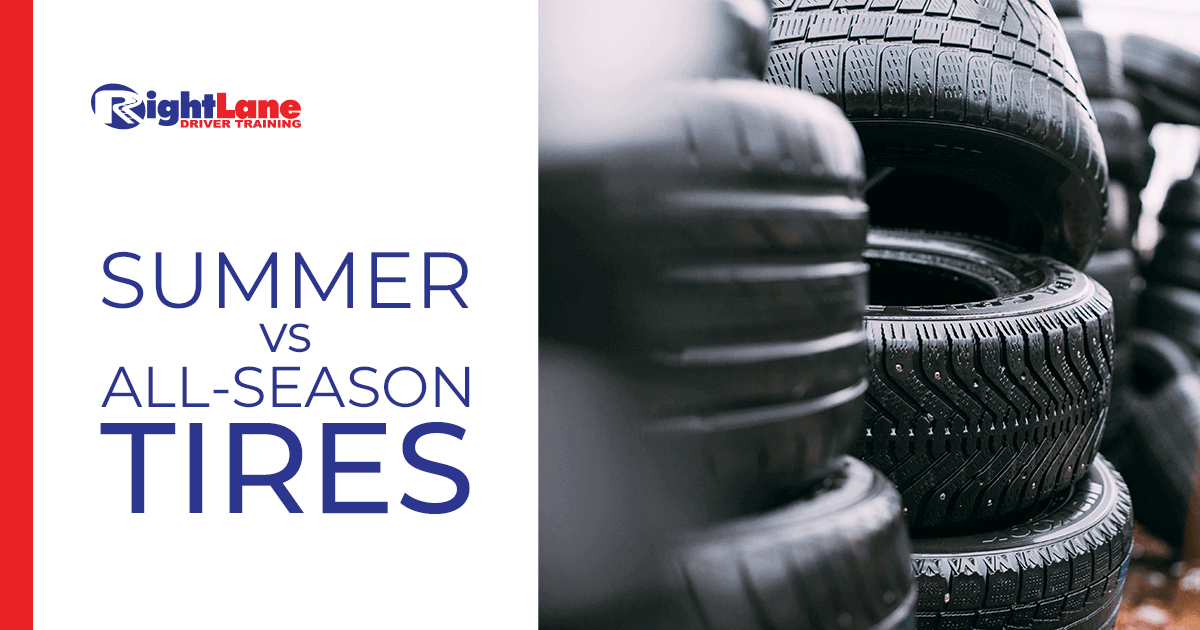Pros and cons of All-Season tires in spring, summer, fall.
While we all understand that the winter season calls for winter tires, what about the rest of the year? Do Spring, Summer, and Fall deserve summer tires or all seasons? Is one better than the other? What are their pros and cons? Read below to find out!
SUMMER TIRES
Summer tires are built for warm conditions. Once your temperature reaches an average above 6 degrees celsius, you're safe to make the switch. A good summer tire will give you:
Hydroplane resistance
Great cornering
Better fuel efficiency
They're great on all types of vehicles in warmer weather, and give you great traction throughout
those warmer months.
ALL-SEASON TIRES
All season tires are meant for climates where the weather is warm, but can dip to cold. If you
live somewhere where freezing rain or snow can happen late into the spring, or early in autumn,
this is something you may want to consider. All season tires are:
Designed for all-around traction
Last longer
Great on all types of vehicles
If you live where the weather has a tendency to be a bit unpredictable, all-season tires might be
your best protection.
Do you have questions about tires, or general car safety? Ready to take advantage of a driver's education class? We'd love to help!

